We provide the best products in the stainless steel industry. Our customers know they can trust us for quality, affordability, and convenience. Our multiple locations make it easy to get what you need within days!
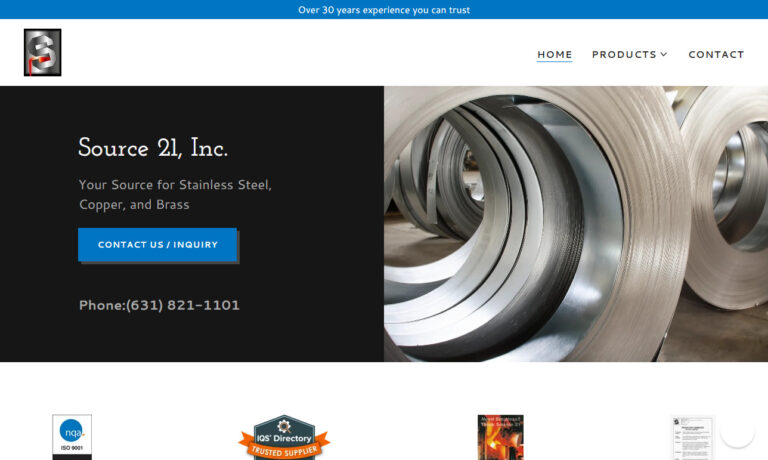
Cada Stainless is a distributor of stainless steel in strip, coil & sheet. All grades of stainless steel available- annealed, tempered in 301,302,304,316, straight and L grades, 17/4, 17/7, 420,430,440, temper rolling to specific thicknesses & tolerances available.
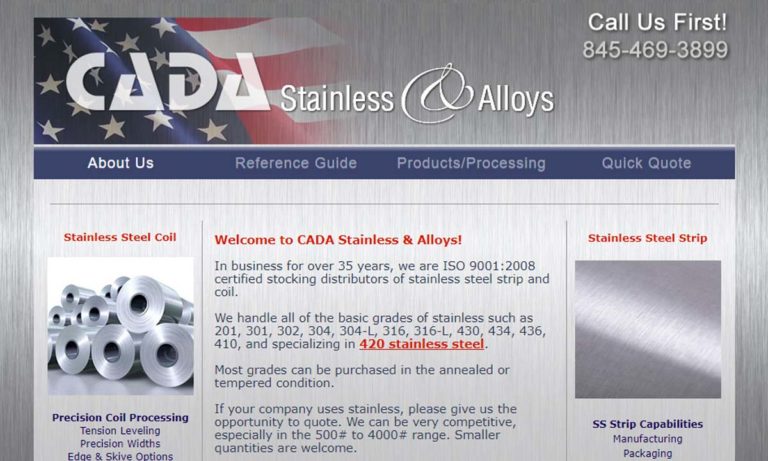
Our company may have started small, but we quickly grew to handle the largest aluminum orders. Our metals are made from the highest quality materials, and we pledge to offer superior service to all our customers. We don’t want customers who use us one time, we want to establish lifelong relationships with customers that last generations. Contact us for more info!
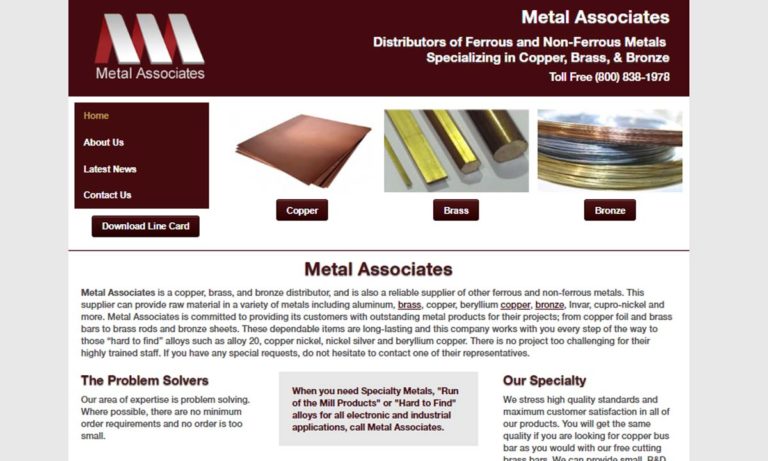
You can’t beat the EMJ Advantage for stainless steel and other metals, which comes with an "On Time, Or Free" delivery guarantee! For stainless bar, tube, plate and more, including alloy, aluminum, carbon and others, rely on this broad network of superior inventories and capabilities. See our website today to find the sales location nearest you!

At CBC Specialty Metals & Processing, we pride ourselves on being a premier provider of high-quality stainless steel products and comprehensive processing solutions tailored to meet the diverse needs of our clientele. With years of experience and expertise in the industry, we have established ourselves as a trusted name in stainless steel distribution and processing, renowned for our commitment...

More Stainless Steel Strip Manufacturers
Formed through hot or cold rolling, stainless steel strip offers many advantages over conventional steel such as increased corrosion-resistance, tensile strength and ductility, as well as cryogenic toughness. In addition, stainless steel strip offers total recyclability, creating increasing demand amongst environmentally-friendly consumers.
Stainless steel strip is a common mill form of stainless steel and is typically stocked in three types: heat-treatable, non-heat-treatable and pre-hardened. Stainless steel strip is formed to fit desired applications through processes such as slitting, edging, annealing, shearing, polishing, tempering and additional custom finishing. Most typically made into coil, stainless steel strip can also be made into shapes such as channels, frames, trim and angles.
Some additional applications of stainless steel strip include catalytic converters, building materials, compressor valves, hospital equipment, cutting tools, consumer appliances and electronic enclosures. Stainless steel strip is often used in industries such as telecommunication, medical, aerospace, construction, automotive, electronics, petrochemical and food processing.
Manufacturing stainless steel strip is a multi-step process. First, the raw materials are melted together in an electric furnace for 8 to 12 hours, until they reach their recrystallization temperature. The molten steel is then cast into semi-finished forms called blooms, billets, slabs, rods and tube rounds. The unfinished shapes then undergo a forming process such as cold rolling, in order to become stainless steel strip.
The cold rolling process is not done at temperatures that are generally considered cold, but at temperatures that are below the recrystallization temperature of the metal. During the cold rolling process, stainless steel strip is pulled between rollers in order to be compressed and squeezed into the desired shape, which for strip is very thin with a length that is many times its width.
Heat-treatable stainless steel can also be hot rolled, which is generally the same process except the process is done at temperatures that are above the recrystallization temperature of the metal. The most common grades used to form stainless steel bars include 304 and 316. The 300 series are types of austenitic stainless steel, meaning that they are useful in mild, harsh and corrosive environments as well as being non-magnetic.

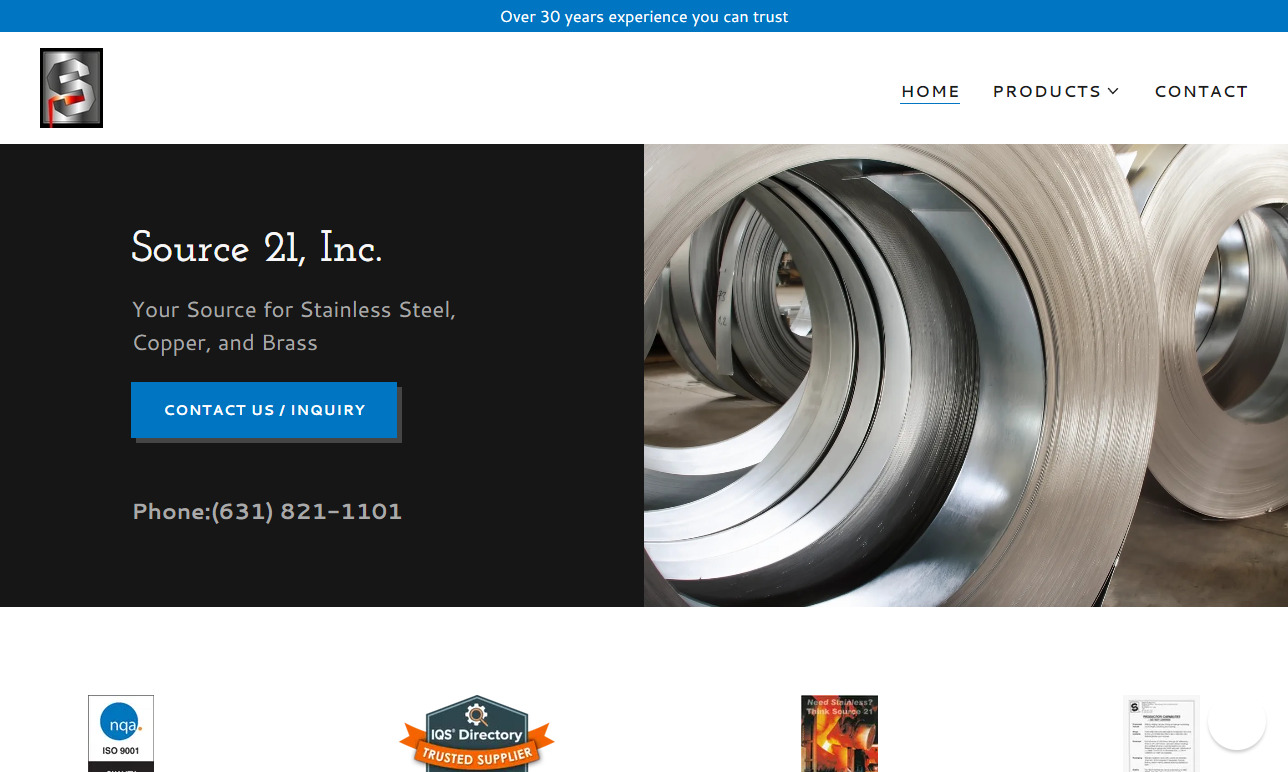
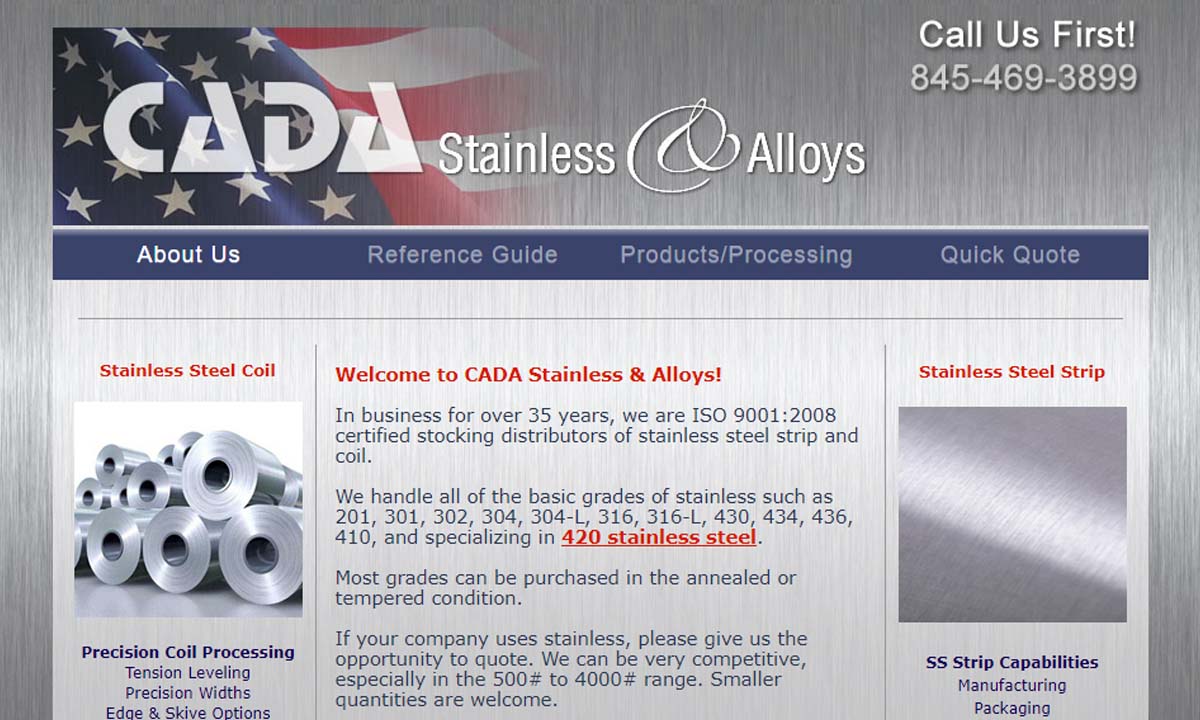

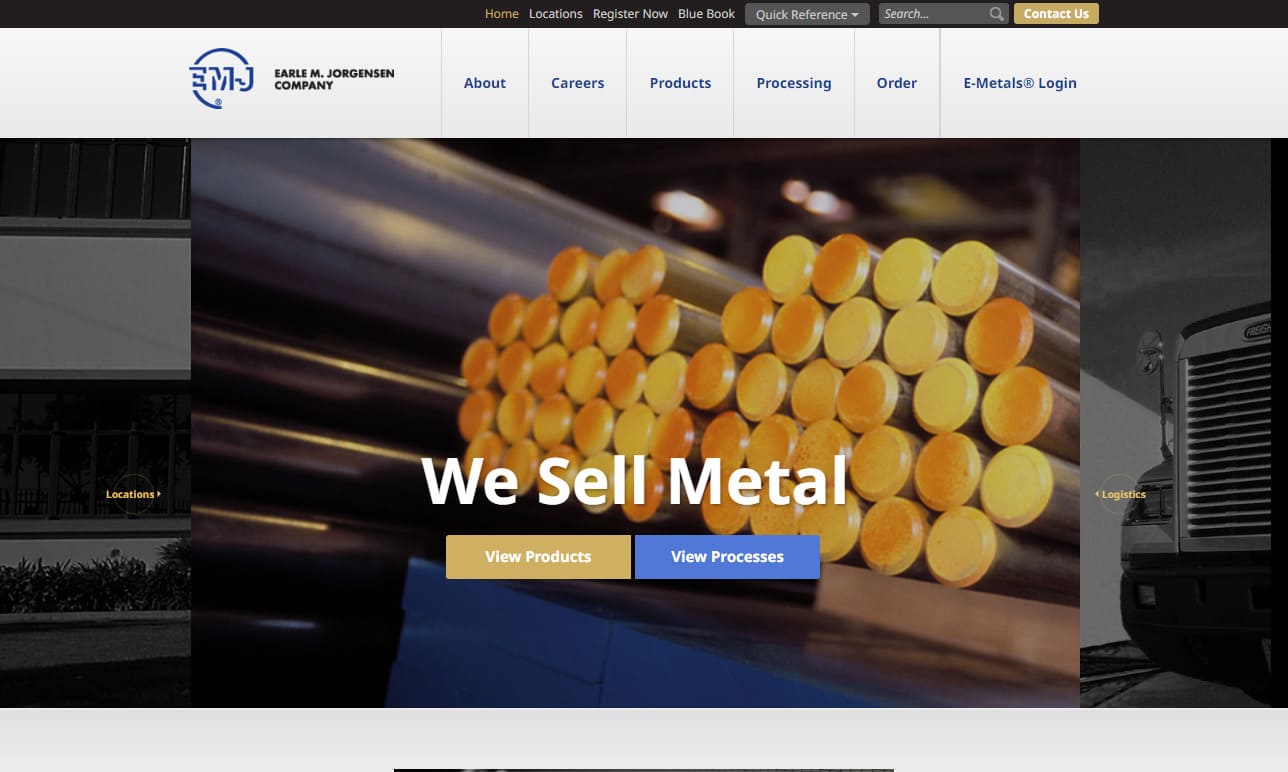

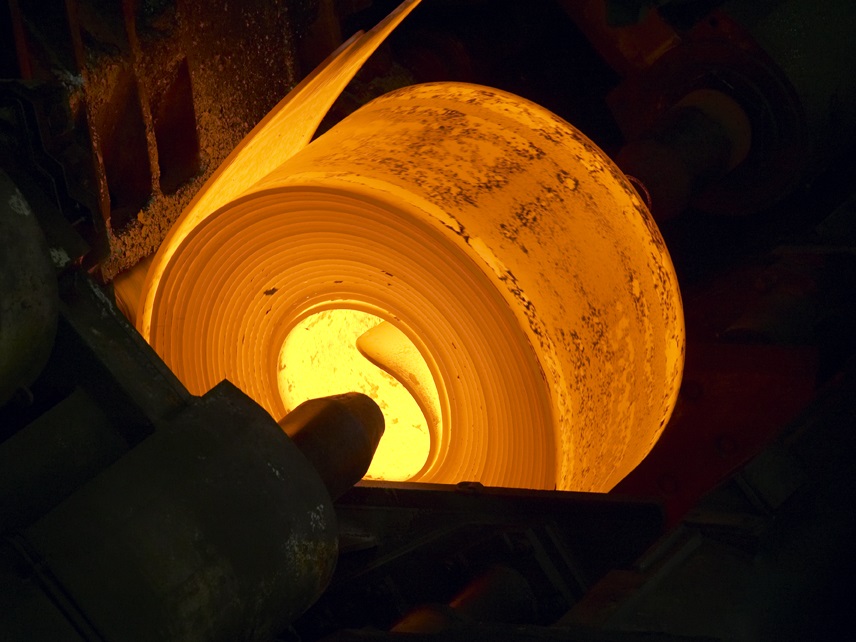
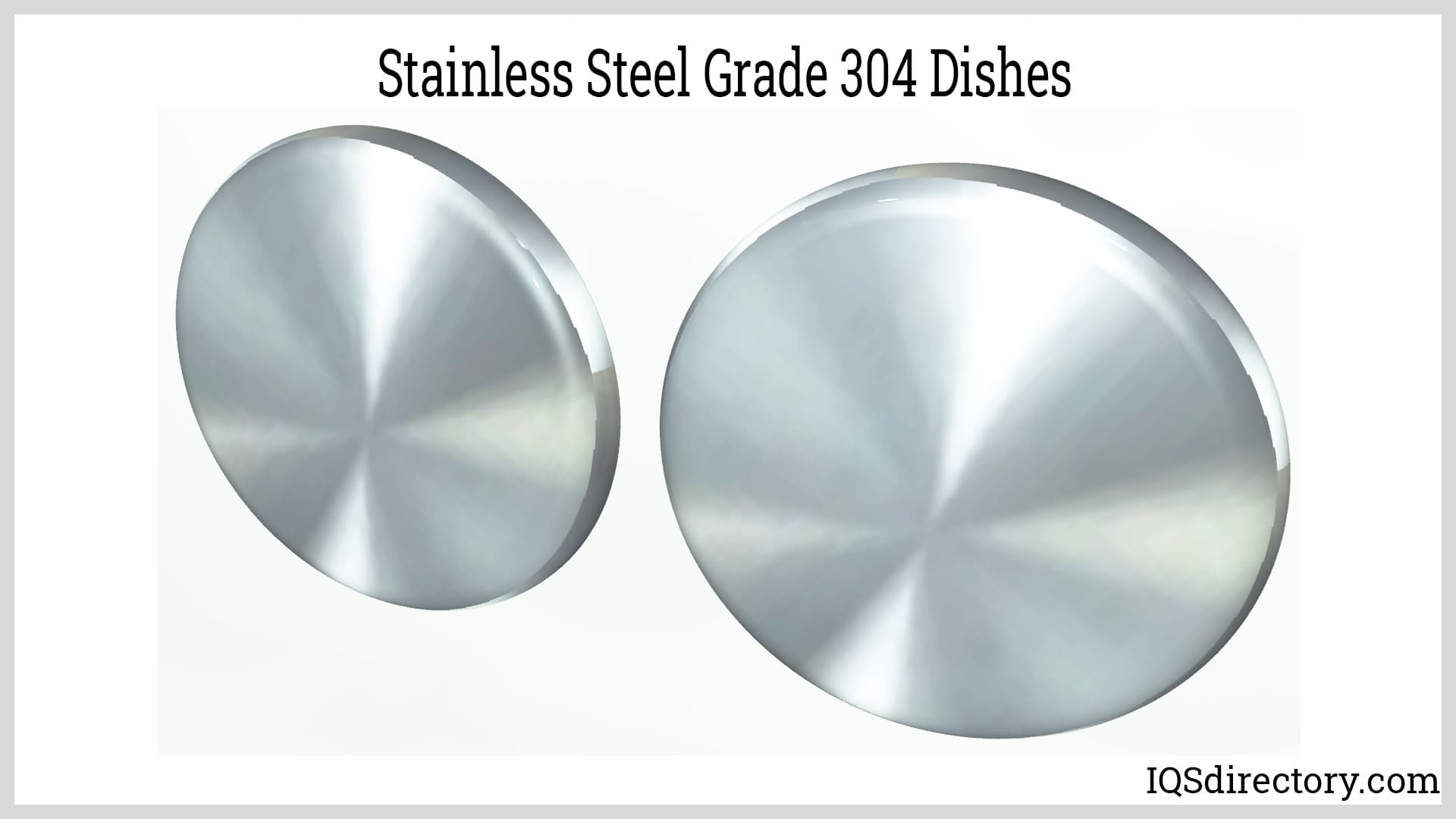
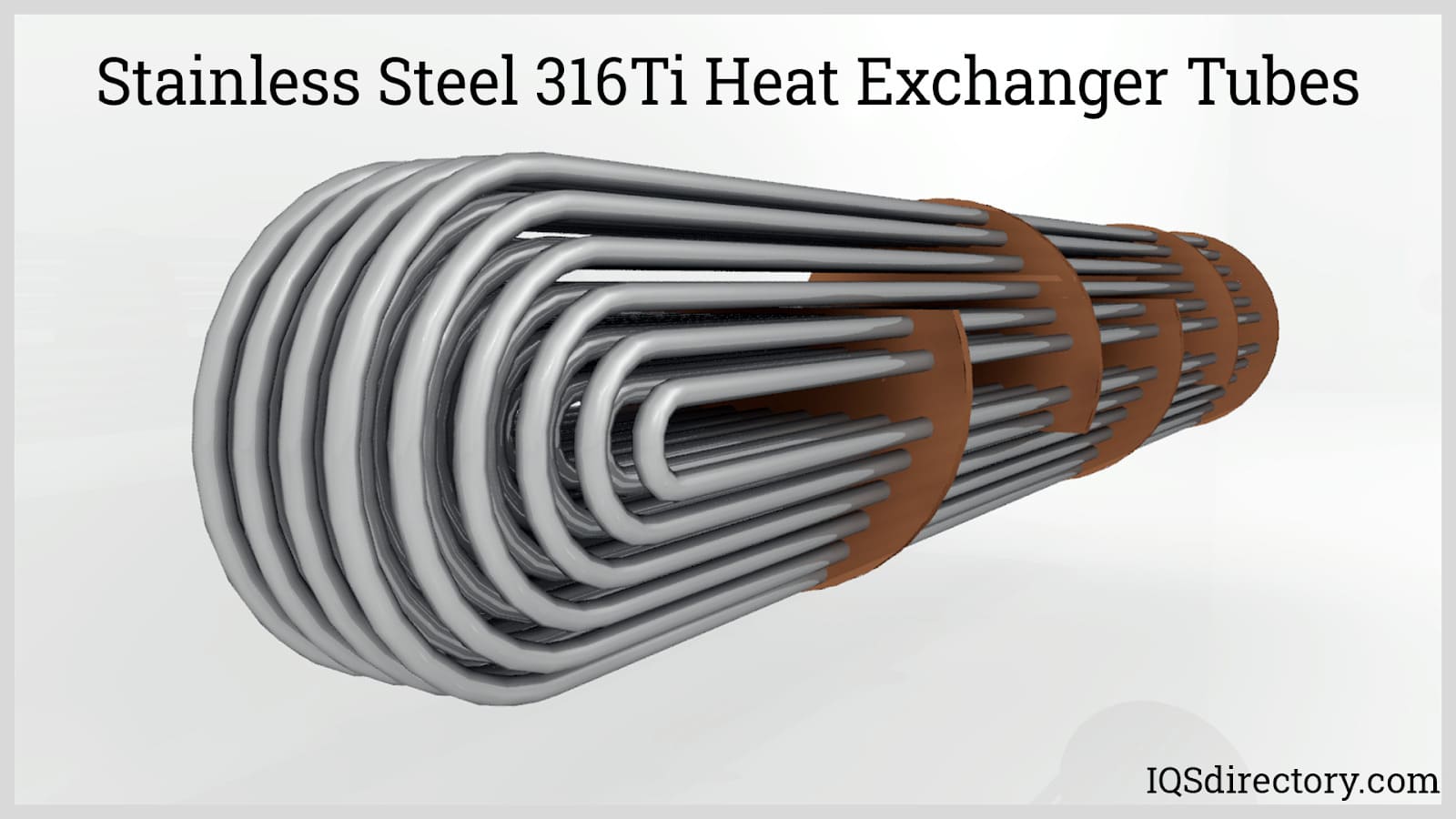

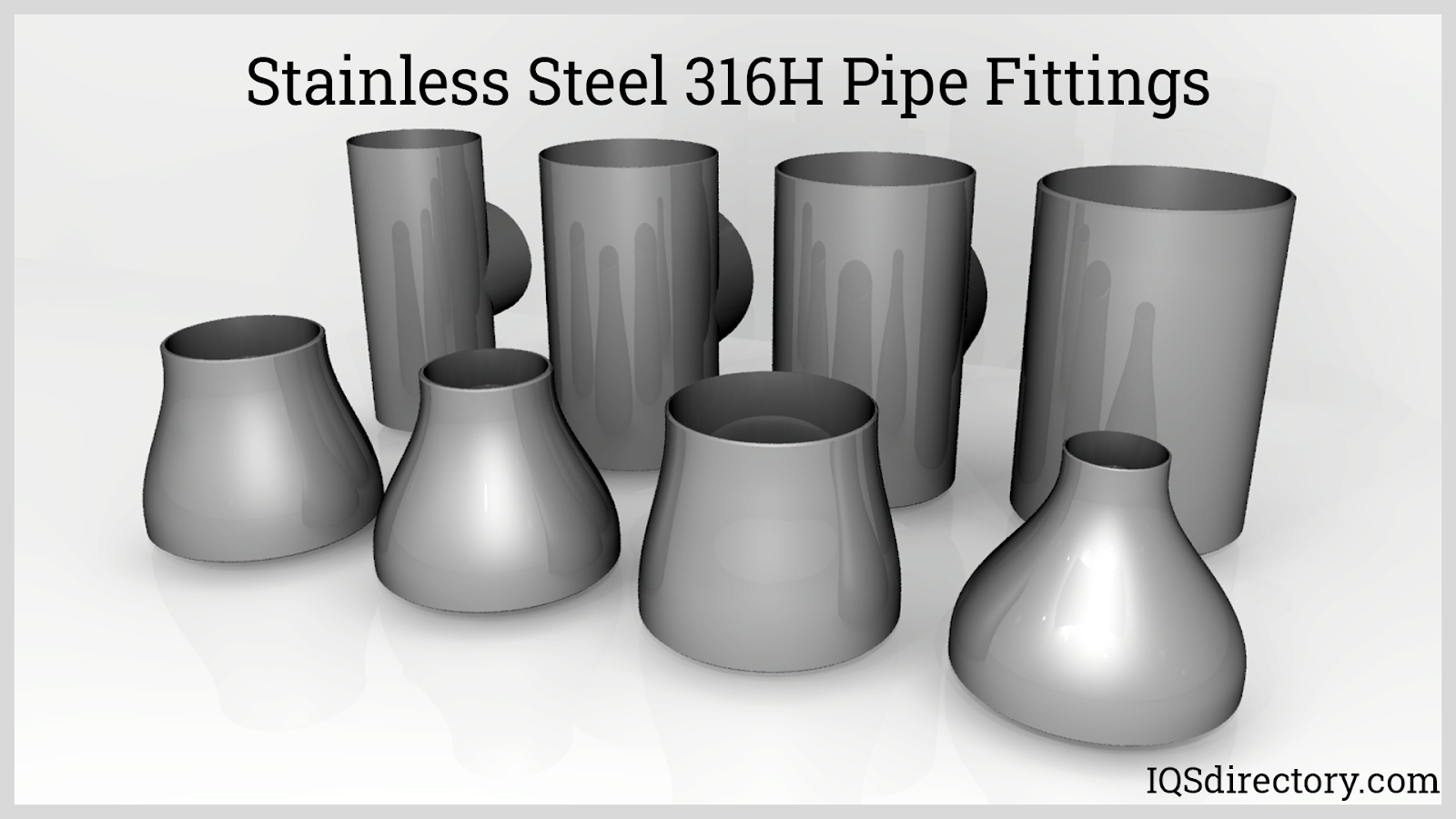


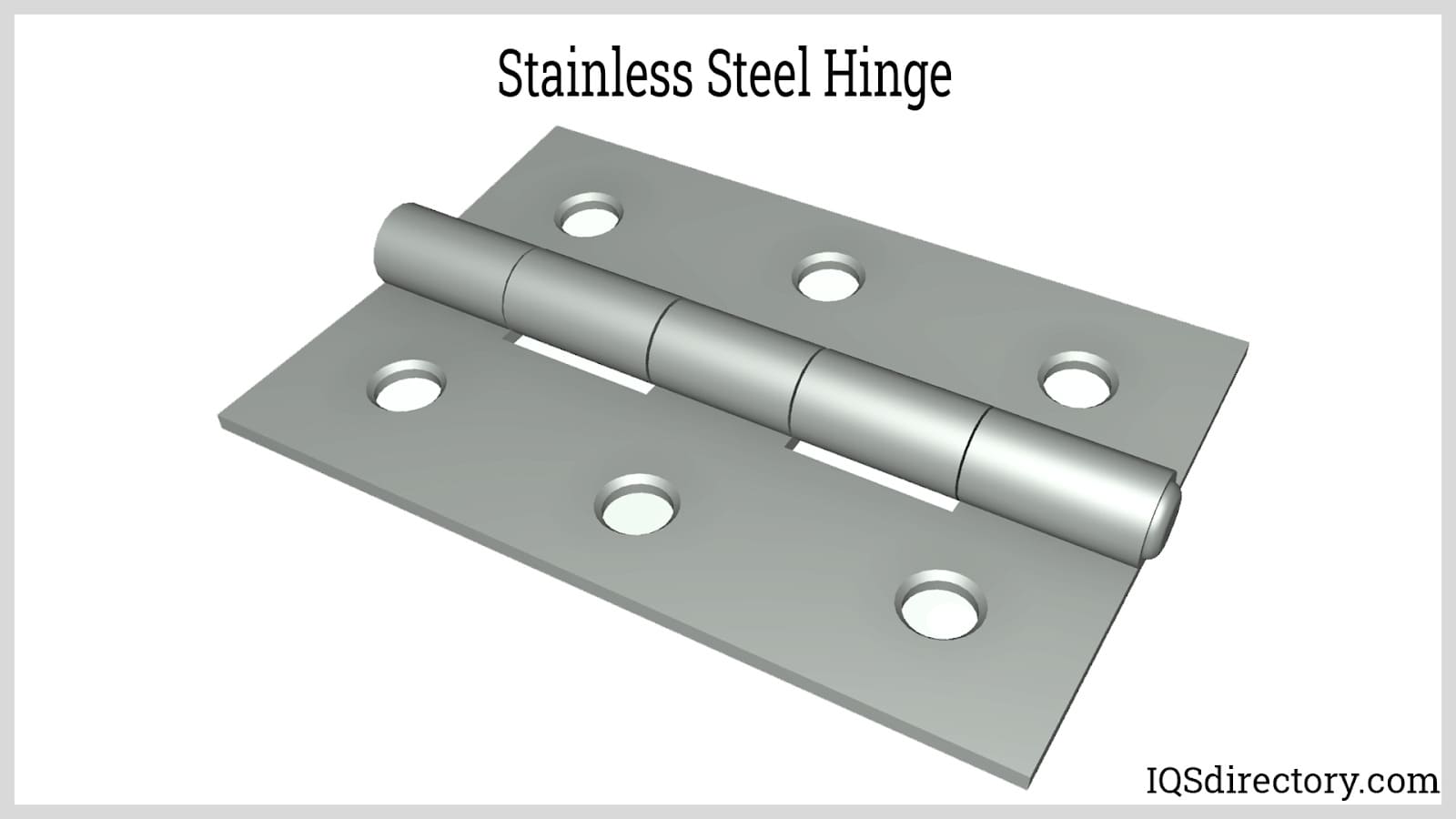
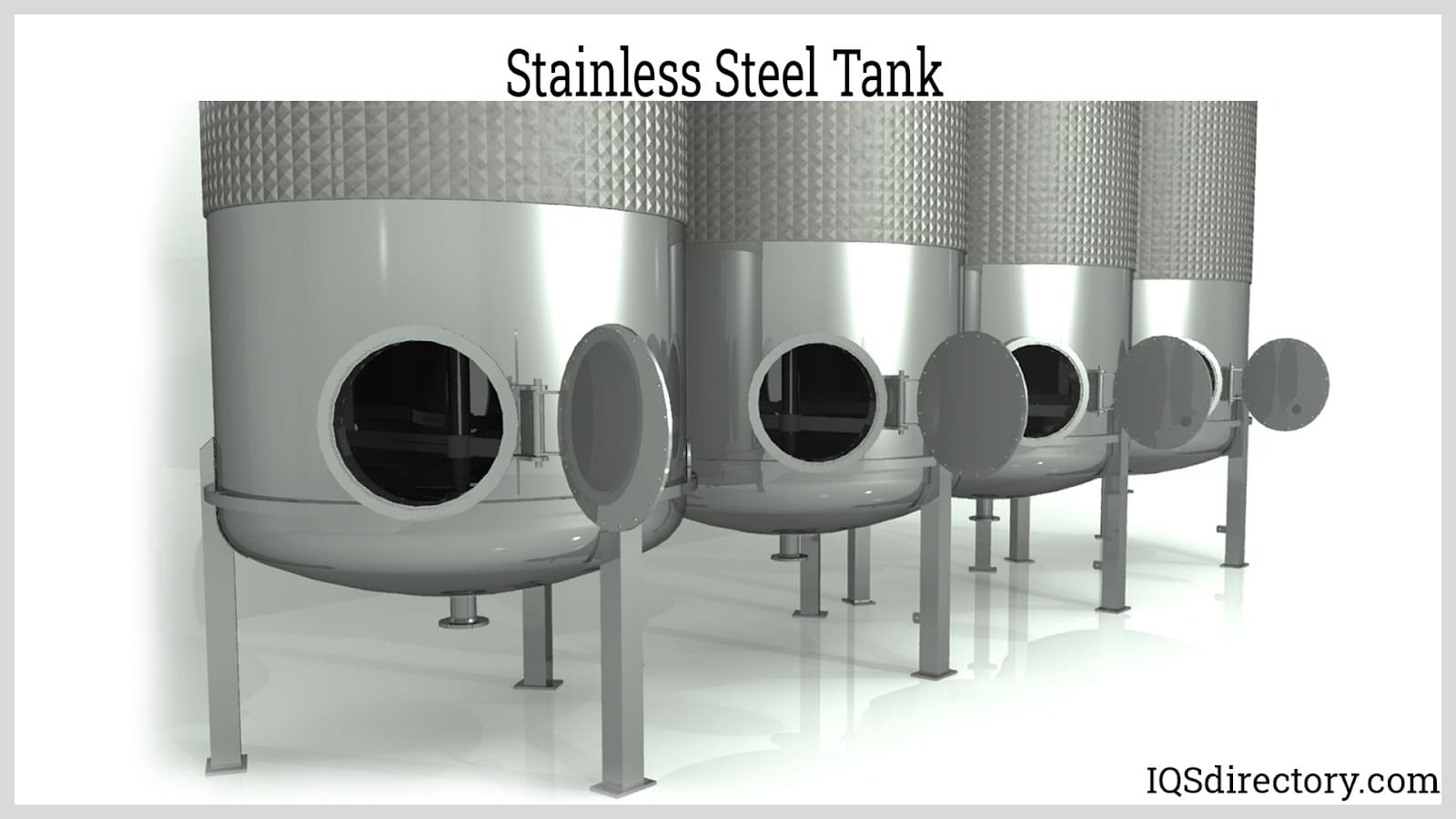

 Alloy Suppliers
Alloy Suppliers Aluminum
Aluminum Aluminum Extrusions
Aluminum Extrusions Copper-Brass-Bronze
Copper-Brass-Bronze Magnets
Magnets Nickel
Nickel Stainless Steel
Stainless Steel Stainless Steel Tubing
Stainless Steel Tubing Steel Service Centers
Steel Service Centers Titanium
Titanium Tungsten
Tungsten Wire Rope
Wire Rope Castings & Forgings
Castings & Forgings Bulk Material Handling
Bulk Material Handling Electrical & Electronic Components
Electrical & Electronic Components Flow Instrumentation
Flow Instrumentation Hardware
Hardware Material Handling Equipment
Material Handling Equipment Metal Cutting Services
Metal Cutting Services Metal Forming Services
Metal Forming Services Metal Suppliers
Metal Suppliers Motion Control Products
Motion Control Products Plant & Facility Equipment
Plant & Facility Equipment Plant & Facility Supplies
Plant & Facility Supplies Plastic Molding Processes
Plastic Molding Processes Pumps & Valves
Pumps & Valves Recycling Equipment
Recycling Equipment Rubber Products & Services
Rubber Products & Services